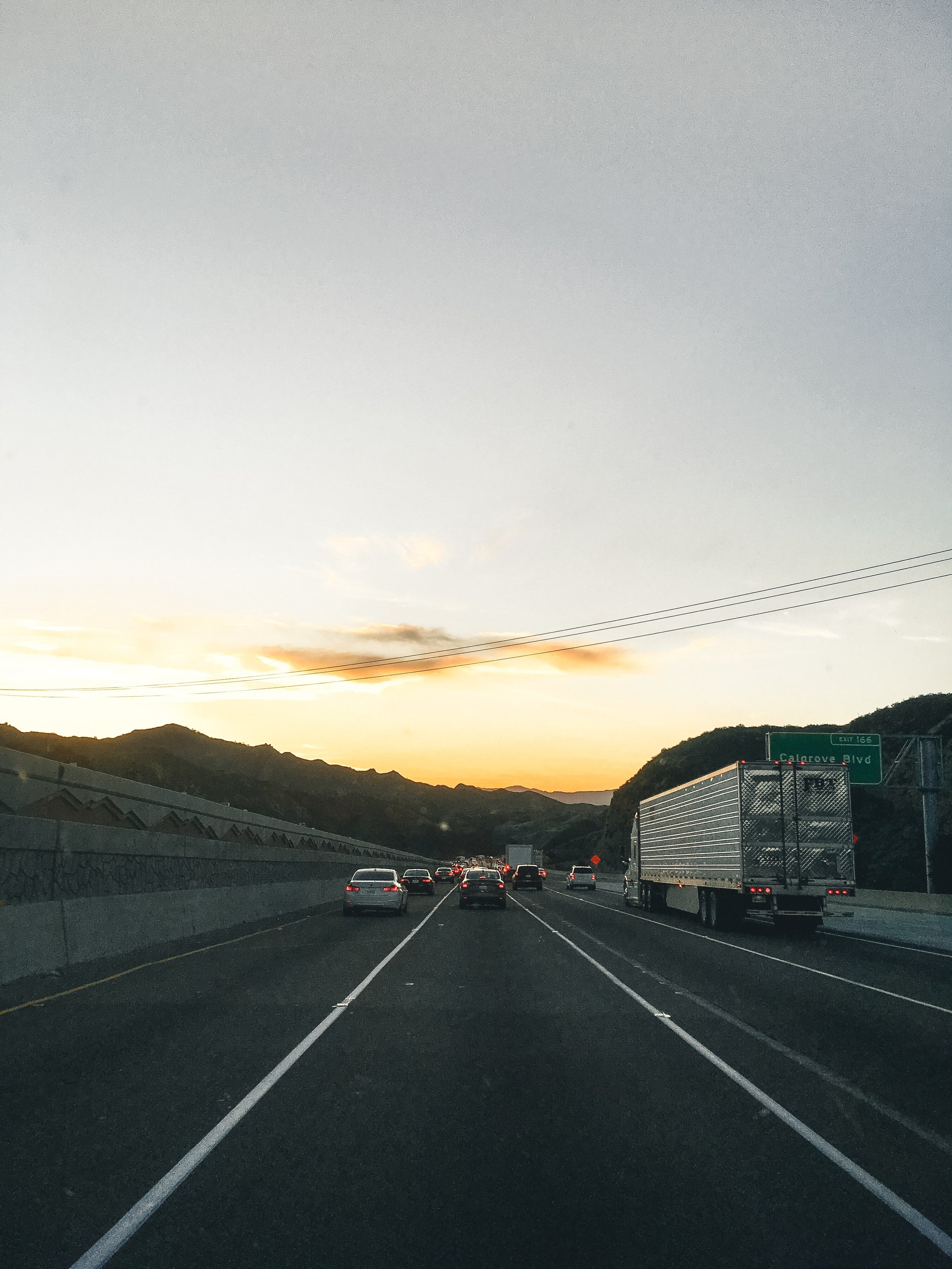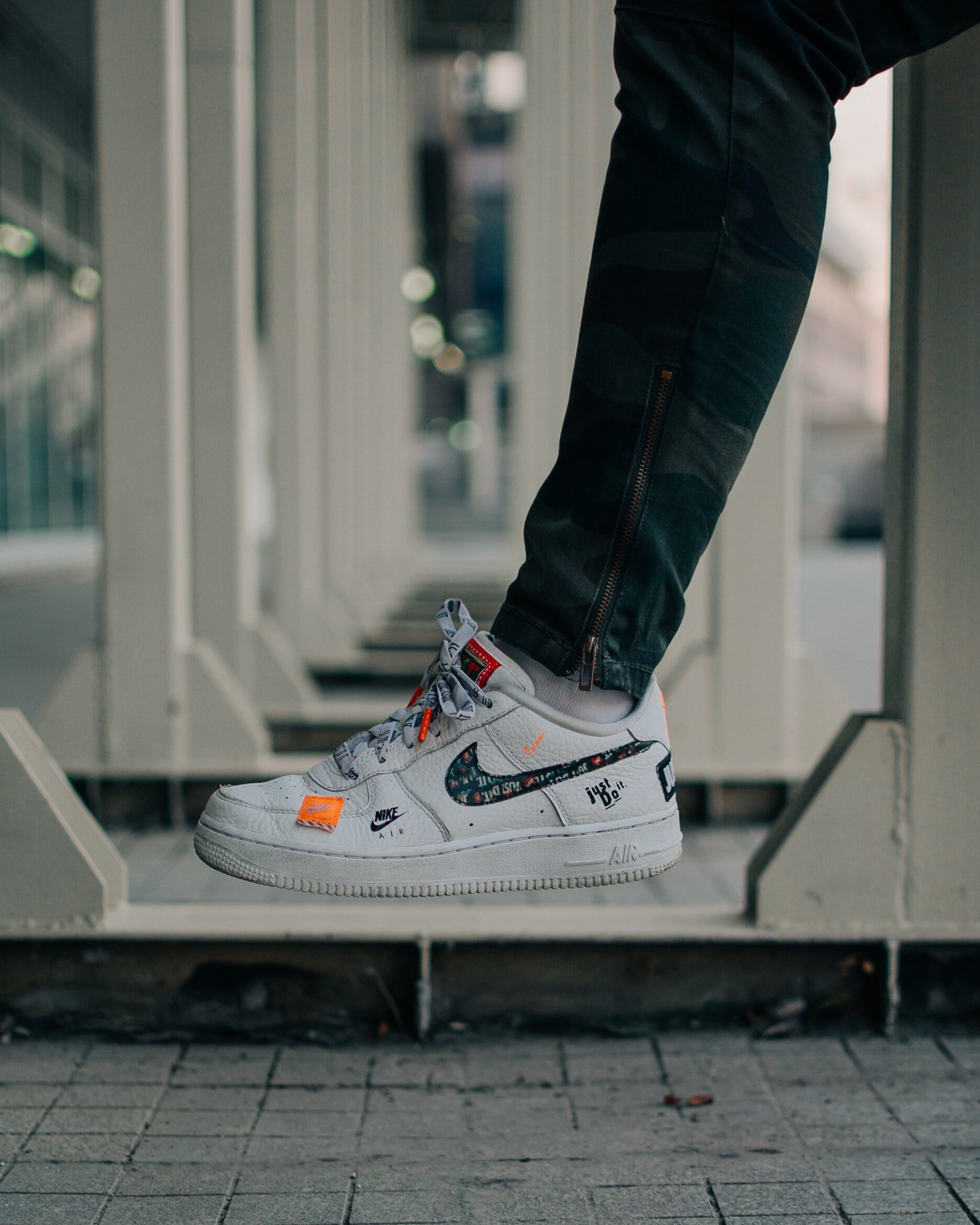Supreme Court Declines to Review Broker Liability Case
The U.S. Supreme Court has declined to review a case involving broker liability for accidents involving trucks booked by third-party logistics providers (3PL’s). This decision marks a victory for the brokerage industry, distinguishing it from a similar case involving C.H. Robinson. The case, brought by Ying Ye, whose husband died in a 2017 accident involving a truck hired by Global Sunrise, sought to include freight broker GlobalTranz in the lawsuit.
However, both the Federal District Court and the 7th Circuit appeals court rejected this claim, citing the Federal Aviation Administration Authorization Act (FAAAA). This outcome means that the question of whether a broker is liable under federal tort law for actions taken by a truck it hired remains unsettled.
The issue extends beyond bodily injury and includes cases related to cargo theft. While the 9th Circuit held C.H. Robinson liable in a similar case involving a quadriplegic, the Supreme Court denied certiorari in June 2022. The legal community had hoped the court would resolve the broker liability issue, but this decision means lower courts will continue to interpret the FAAAA's safety exemption differently.
WHY IS THIS IMPORTANT FOR MY INDUSTRY?
The Supreme Court's call not only sets the stage for future broker liability cases but also directly shakes up our daily routines. It spells out whether brokers can be held responsible for accidents or incidents tied to the carriers they hire, essentially reshaping how they will navigate legal disputes. If brokers get the blame, it might nudge us to rethink how we evaluate carrier safety and pick transportation partners.
We all play a part in sizing up the risks linked to our operations. A solid grasp of broker liability gives us the tools to make smart choices when dealing with brokers or carriers, which in turn molds our risk management strategies. Plus, it might lead to tweaks in how we follow industry rules, as brokers and carriers could find themselves adjusting their game plans in response to shifting liability standards.
🔥 OUR HOT TAKE?
Although we frequently regard the Supreme Court's position (or absence thereof) on broker liability as a significant matter, it's about time we reflect on whether this ongoing legal scrutiny is genuinely necessary. The trucking and logistics sector has been wrestling with complex regulations and legal conflicts for an extended period of time, and the burden is growing.
Instead of getting caught up in the seemingly never-ending discussions about who should bear liability, let's focus on fostering a culture of responsibility and safety among everyone involved, INCLUDING brokers, carriers, and drivers. Pinning all responsibility on brokers could divert our attention from addressing other critical factors that contribute to accidents.
The Supreme Court is set to hear a significant case involving Douglas J. Horn, a commercial truck driver who lost his job after testing positive for drugs.
Wealthy American families are increasingly obtaining second, or even multiple, citizenships and residences, a trend highlighted by Henley & Partners, a law firm specializing in high-net-worth citizenships.
The U.S. Supreme Court declined to hear a case involving South Carolina’s ports authority, leaving intact a ruling that mandates the Port of Charleston to employ an all-union labor force at a new container terminal.
Investor groups are urging EU countries to support a proposed law, the Corporate Sustainability Due Diligence Directive, which would hold large companies accountable for environmental and human rights violations in their supply chains.
In a move that challenges California's emissions regulations, Ohio is set to enact a law in March that prohibits state agencies from adopting California's vehicle emissions standards.
Lawmakers are intensifying their scrutiny of Shein, a Chinese fashion retailer, following its confidential filing for an initial public offering (IPO) in the United States.
Texas lawmakers recently approved Senate Bill 4, which would permit Texas police to arrest individuals for illegally crossing the border from Mexico.
Three members of a California family have pleaded guilty to participating in a national network involved in stealing and trafficking catalytic converters worth $600 million.
California Governor Gavin Newsom has announced his intention to sign two climate-focused bills into law.
Florida Governor Ron DeSantis signed a bill allowing the study of phosphogypsum in road construction, overturning a federal prohibition under the Trump administration but reinstated by Biden's EPA.
Yellow Corp. is facing a class-action lawsuit by a laid-off employee, Armando Rivera, who alleges that the company failed to provide the required 60 days' notice before mass layoffs affecting approximately 30,000 workers.
Two suspects were shot dead by Ohio State Highway Patrol troopers during a standoff and hostage situation in Vandalia, Ohio.
The Arizona Legislature approved a bill allowing Maricopa County to hold a transportation tax election in the coming year.
A female truck driver was fired by Groupe Robert, a Canadian trucking company, after a crash on June 30th, 2022.
The U.S. Customs and Border Protection (CBP) has implemented the Uyghur Forced Labor Prevention Act (UFLPA), restricting imports of products made in China's Xinjiang Uyghur Autonomous Region if produced using forced labor.
The US climate law, the Inflation Reduction Act (IRA), which passed one year ago, has accelerated the adoption of clean energy technology in the country.
More than 700 bridges in Georgia are unable to handle the increased weight limits approved by lawmakers earlier this year, as reported by Deputy Chief Engineer Andrew Heath to the State Transportation Board.
Former Treasury Secretary Larry Summers criticized the US government's new rules on mergers and acquisitions, calling it a "war on business."
Assembly Bill 316 has been introduced to enable autonomous truck testing in California, but the prospects remain bleak due to opposition from the Teamsters Union and concerns about safety and job displacement.
Trucking advocates are raising concerns about double brokering schemes, where carriers accept a load but then secretly broker it to another carrier without the shipper's knowledge.
Canadian ethics watchdog, the Canadian Ombudsperson for Responsible Enterprise (CORE), has initiated investigations into Nike Canada and Dynasty Gold following allegations of their involvement or benefit from Uyghur forced labor in their Chinese operations.
The Owner-Operator Independent Drivers Association (OOIDA) has expressed opposition to the PRO Act, stating that it would create confusion and jeopardize the established business model in the trucking industry.
Uber Eats, DoorDash, Grubhub, and Relay Delivery have filed lawsuits against New York City to block the implementation of new minimum pay rules for food delivery workers.
The Supreme Court delivered a ruling that deems race-conscious admission policies at Harvard College and the University of North Carolina unconstitutional, effectively ending affirmative action in higher education.
Yellow Corp. has filed a lawsuit against the International Brotherhood of Teamsters, accusing the union of breaching their contract, obstructing the company's restructuring plans, and endangering its operations to the point of potential asset liquidation.
Lordstown Motors, the struggling electric-truck maker, has filed for Chapter 11 bankruptcy protection and has initiated a lawsuit against Foxconn, accusing the Taiwanese manufacturer of breaching an agreement to provide additional funding.
Lorena Gonzalez Fletcher, the former California state legislator who introduced and championed the anti-independent contractor law AB 5, is facing criticism and potential damage to her reputation.
Former President Donald Trump made a dramatic appearance as a criminal defendant in a federal court in Florida, pleading not guilty to 37 charges related to mishandling sensitive information and obstructing authorities.
The COVID-19 relief funds intended to combat the pandemic and stabilize the economy became the target of the greatest grift in U.S. history.































Elon Musk’s X is suing a major advertiser group, alleging antitrust violations for a supposed “boycott” of the platform.